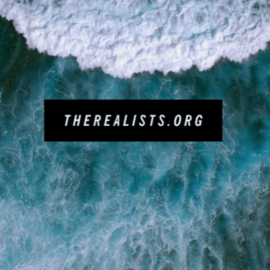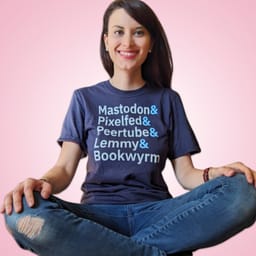My documentary The Illusionists was released on November 16, 2016 on the video streaming platform VHX (now incorporated into Vimeo).
A true labor of love, The Illusionists had been in the making for 8 years. As a writer, producer and director I had faced many challenges in getting the film made and I was absolutely thrilled to share it with the public. The ultimate goal of the documentary: to kickstart a conversation about the unattainable beauty ideals promoted by the media and advertising - and to help women, men and children break free from these illusions, learning to love and appreciate their own bodies, as they are.
2016: A different world - online and off
The timing of the film’s release? It was a turbulent period, a week after the election of Donald J. Trump to the presidency of the United States, which created shockwaves around the world.
When The Illusionists came out Facebook was still the world's most popular social media network. Back then, Instagram was used by "only" 32% of Americans online. TikTok didn't exist yet. Ditto for ChatGPT or AI image generators like Dall-E and Midjourney.
Big brands were still courting prominent actors and models for their advertising campaigns; influencers and content creators were just beginning to monetize their platforms.
There were a few smartphone apps that could improve one’s appearance - smoothing wrinkles and fine lines and applying makeup - but they were far less sophisticated than today’s apps like SNOW and FaceApp. The online world was a very different place back then. WE were different.
I thought it’d be fascinating to revisit The Illusionists in 2024 – 8 years after its initial release – and discuss issues that often come up after public screenings of the film.
The Good: Diverse Ads
I’m often asked: “what are some positive changes you have observed since the release of The Illusionists?”
Diversity in advertising is the first thing that comes to mind. Especially in France, where I am based.
I remember having heated conversations with French friends while I was researching and writing the script for The Illusionists. Since first visiting Paris in 2006, I had been taken aback by the lack of diversity in advertising and the invisibility of people of color (despite the fact that Paris and France have a diverse population).
Back in the early 2010s, it was exceedingly rare to see a man or a woman of color in ads for any brands. With one exception: it was common to see hands and arms of people of color holding up chocolate bars in ads for Nestle chocolate and the like. Luxury and midrange fashion brands typically employed very thin, young, white women in their ads. It’s as if there was just one “official” body that was deemed acceptable by brands to sell products.
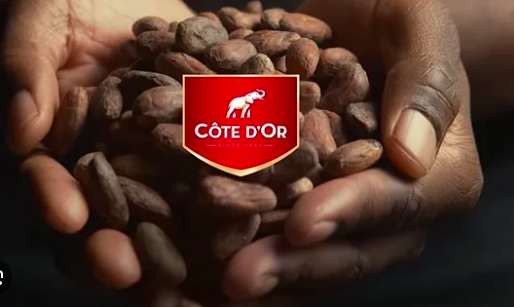
Today the advertising landscape in France is completely different and refreshingly diverse: you can see people of all races and ethnicities in ads, even for luxury brands.
There is a diversity of races, body types, shapes and even ages, with ads routinely employing models over the age of 50.
It’s as if advertising agencies finally got the message that representation is key to selling products.
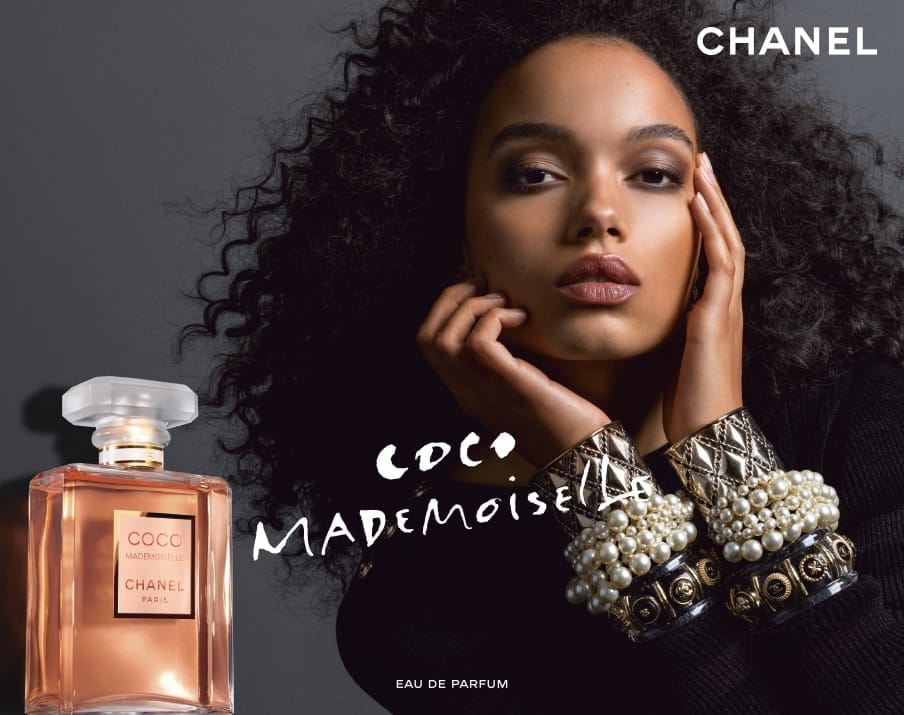
The one thing that is still taboo in billboard ads is wrinkles on older women - who are heavily airbrushed. I look forward to the day when a 50+ female model will be shown with a naturally lined face. But the progress in other areas has been unquestionable and is a cause for hope.
The Bad: We Are All Illusionists now
In The Illusionists I criticized the unattainable beauty ideals promoted by mass media and advertising: in order to be deemed beautiful one had to strive to be thin, look eternally young and to spend time and especially money to improve one’s appearance.
In the voice-over narration for The Illusionists I wrote:
Depending on advertising for their very survival, TV, magazines, and films act as gatekeepers, blocking out images of "regular people" who do not fit the Official Body that is understood to sell products.
Then I added:
After censorship, comes manipulation. The images of those who appear in mass media, are enhanced in a way that makes their beauty even more difficult to achieve. Digital retouching in still and moving images has now become standard. The public is well aware of this practices, yet they rarely get to see the before and after images.
The “plot” twist I didn’t expect for the late 2010s / first half of the 2020s? That regular people would want to act as “illusionists”, regularly using smartphone apps to improve their own appearance before posting their photos on social media.
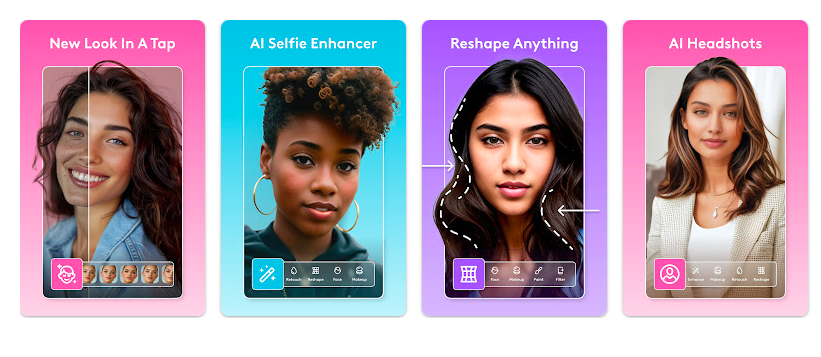
If you are interested in exploring this topic, I wrote about the popular app FaceApp for the blog of my new project The Realists.
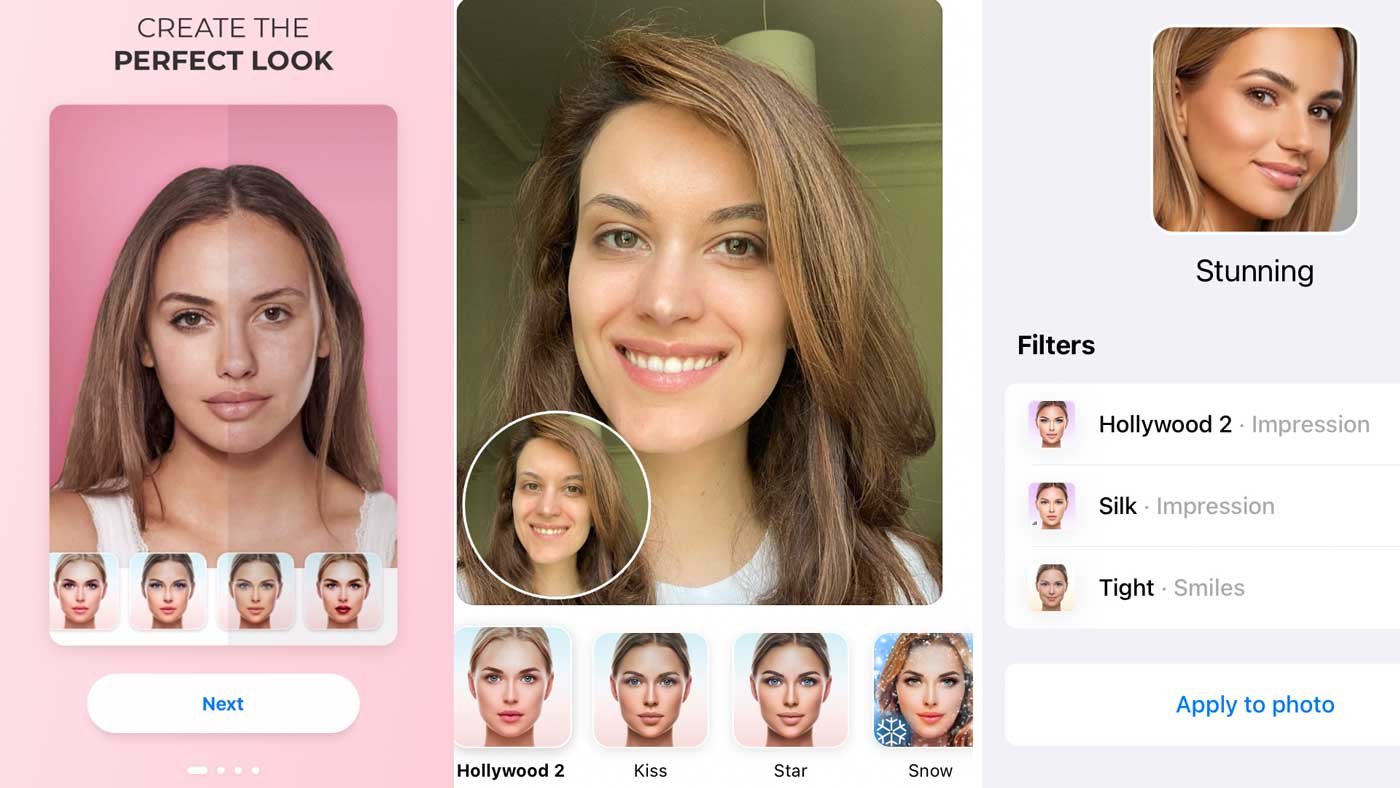
An excerpt:
Mass media and advertising are no longer the main illusionists in our culture. We are. We have become illusionists, by the way we present ourselves on social media.
The popularity of photo editing apps should be a cause of concern. FaceApp has 182k ratings on Apple’s App Store – averaging 4.6 out of 5 stars. On Google’s Play Store, it has 4.2 million 4.6 star ratings.
Thing is, when a person starts retouching their photos to look a certain way, there is no way back… to maintain the illusion, that person needs to retouch ALL their subsequent photos. Forever. Or else they would appear unrecognizable.
The Surprising: The Power of Resistance
The biggest change in my life since the release of The Illusionists in 2016? Becoming a mom. My daughter is now 3 years old and it’s been the honor of my lifetime to raise her.
My daughter’s first book was Feminist Baby by Loryn Brantz (a present by my dear friend Monica Parker). I’ve started reading to her empowering books about inspiring women when she was just a few months old: She Persisted, Little Feminist, Dream Big Little One, A is for Awesome: 23 Iconic Women Who Changed the World… It’s incredibly easy to control what one child is exposed to when they are very young. As they grow up, things get trickier.
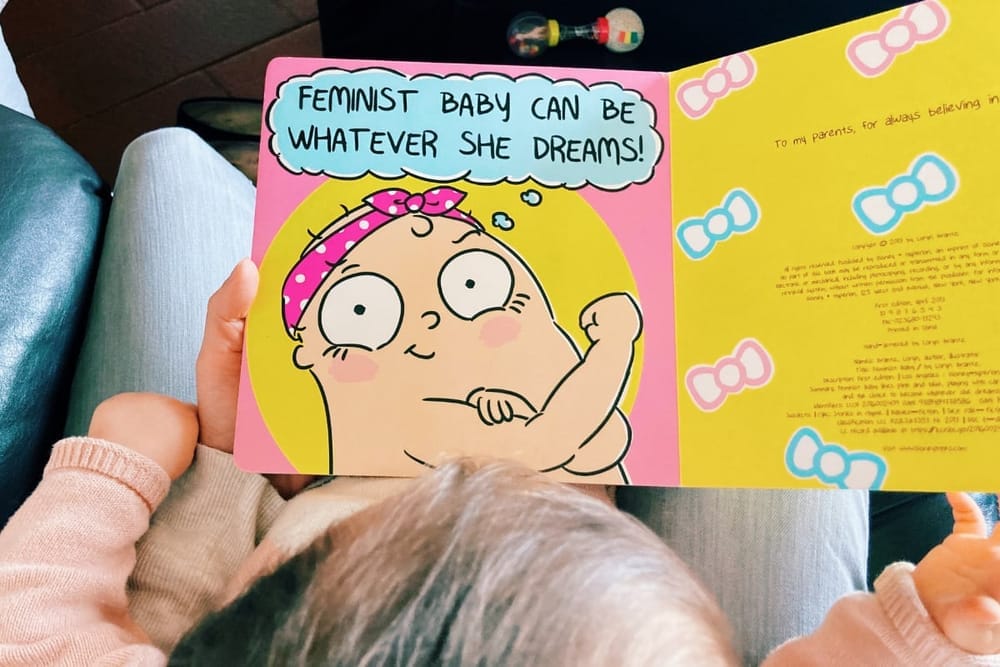
Older generations - aka her grandparents and family friends - warned me it would be impossible to limit her exposure to toys I found questionable (or downright toxic) like Barbie Dolls. But I found that attitude to be dismissive of a child’s intelligence and agency.
When my daughter turned two I started giving her Lottie Dolls to play with. We talked about Barbie dolls on several occasions, since a few of her friends have them. I said to my daughter that I don’t like Barbie dolls because they are “too thin and have bodies that do not exist in real life.” And you know what? My daughter as a result hasn’t been interested in them at all. I have written about this here:
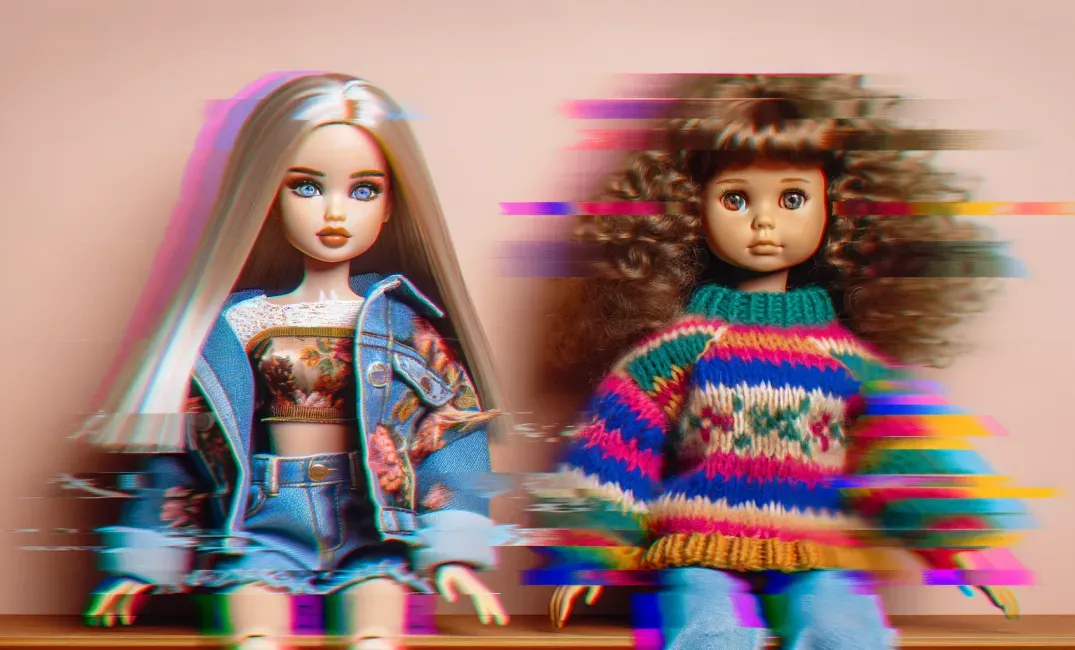
Education is key. If you are a parent - or grandparent - of a small child and you find certain media and toys to be problematic, you should resist. Explain to your child why that is and offer them healthier alternatives. I can attest, from first hand experience, that this approach works really well. At least for my family.
There is power in resistance. And in setting up an example for others. There is always another way - you don’t have to let mainstream, commercial culture dictate how to live.
Thanks for being here,
Elena
P.S.: if you want to find out more about the sequel of The Illusionists - titled The Realists – here is its official website: therealists.org
💓 Did you enjoy this post? Share it with a friend!
👫 Follow me on Mastodon (my favorite network!) or Pixelfed. All my other links are available here: elena.social
📽️ If you'd like to support my work, you could buy or rent my documentary The Illusionists on the globalization of beauty. Watch the teaser:
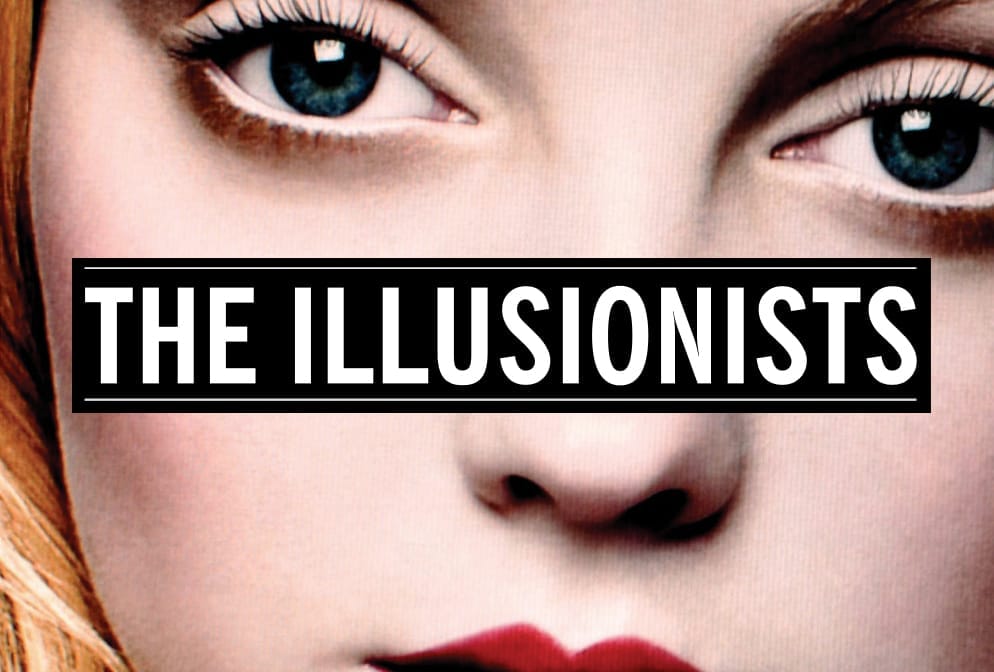
💌 If you'd like to say hi, my contact information is here
✏️ If this post resonated with you, leave a comment!


